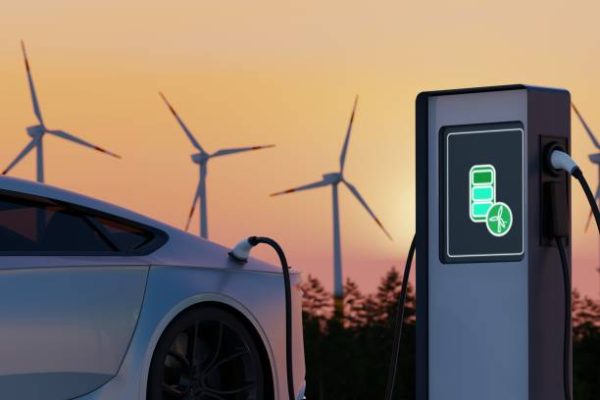
Products
Fast, Reliable, Everywhere

Solutions
Efficient, Innovative EV Charging Solutions.
Charging your electric vehicle (EV) with solar energy at home can significantly reduce your electricity bills—especially as utility rates continue to rise. But how much money can solar EV charging really save you? The answer depends on multiple variables such as driving habits, system size, solar panel efficiency, your location’s sunlight levels, and electricity costs in your region.
This article explores how solar EV charging systems save money, what influences your return on investment (ROI), and how optimized smart charging systems enhance cost efficiency.

When homeowners install rooftop solar panels, they gain access to clean, renewable electricity. That energy can be used to power household appliances—and critically, to charge EVs. Since solar power generation is essentially free after installation, it offers an attractive alternative to costly grid electricity.
While the upfront investment can be substantial, many solar systems last 20–25 years and may come with federal, state, or local incentives that lower installation costs. Once installed, the savings from charging your EV with solar energy can accumulate quickly over time.
Let’s take a typical scenario: an American driving a Tesla Model 3 Long Range, averaging 59.5 km (37 miles) per day. With an efficiency rating of 0.147 kWh/km, the car consumes about 8.75 kWh daily. If grid electricity costs $0.1492 per kWh (the U.S. 2022 average), charging from the grid would cost:
8.75 kWh × $0.1492 = $1.31 per day, or $478.15 per year.
By comparison, if you install a solar EV charging system that brings your electricity cost down to $0.11 per kWh (based on levelized solar cost), the same daily charge would cost:
8.75 kWh × $0.11 = $0.96 per day, or $351.31 per year.
That’s a savings of approximately $126.84 per year—and this doesn’t even account for longer trips or household appliance savings.
Savings vary worldwide due to electricity prices and solar performance. For example:
The more expensive your local grid electricity, the more valuable solar charging becomes.
Over a 25-year panel lifespan, annual savings can exceed $16,000. Even conservative estimates suggest that a mid-range solar EV setup costing $12,000 will pay for itself in 10–14 years.
And since solar panels generate power for more than just your EV, savings can extend across your entire electricity bill. Combining this with smart solar charging and battery storage can further boost your return.
Yes—solar EV charging is both economically and environmentally advantageous. By switching to solar, you gain energy independence, reduce your carbon footprint, and benefit from long-term financial savings.
Whether you're a homeowner with a new EV or an existing solar system user considering an upgrade, integrating solar with smart EV charging is a future-proof investment.
